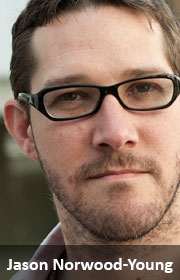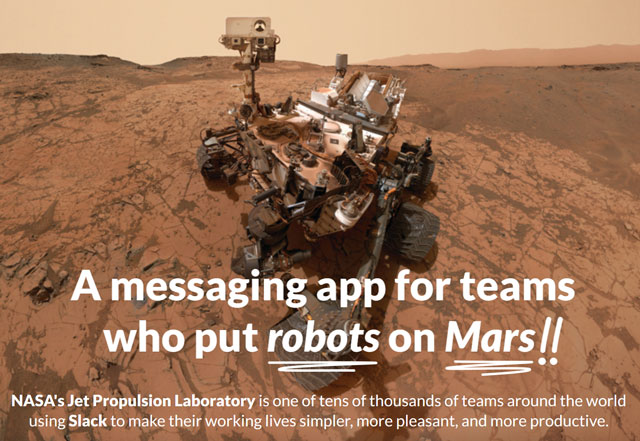 I tried an experiment this year: no airtime. In some ways it was like jumping back 20 years, to that time where you couldn’t just pick up the phone wherever you were and call someone. I had to make an effort, find a landline, or steal my wife’s phone. My wife told me I was being selfish, effectively forcing other people to make the effort and take the cost. But I found that there are few times I really need or want to phone anyone.
I tried an experiment this year: no airtime. In some ways it was like jumping back 20 years, to that time where you couldn’t just pick up the phone wherever you were and call someone. I had to make an effort, find a landline, or steal my wife’s phone. My wife told me I was being selfish, effectively forcing other people to make the effort and take the cost. But I found that there are few times I really need or want to phone anyone.
It was an experiment to see how much can and can’t be done on the Internet. Some stuff is impossible without a phone, like dealing with the bank, any form of government, or the police. (I eventually cracked in November while doing block watch at 4am, and needed to get hold of the police, and discovered that the Muizenberg police station was locked up tight. I invested in R20 airtime, purchased with FNB’s app on my phone, and eventually raised a very sleepy police officer.)
Chatting to friends, organising events (both social and professional), and performing all aspects of my various jobs almost never require an actual phone call. Skype and Google Hangouts are the preferred mechanism for verbal meetings among my peers. We send e-mails. We Facebook chat, or WhatsApp. But mostly, we Slack.
Do you remember what life was like before the Internet? Yeah, I don’t either. I also don’t remember how I got anything done before Slack. Which is weird, since I’ve only been using it since August 2014. Slack was one-year-old when I signed up for the first time. Two months later, in October 2014, investors gave it a US$120m cash injection at a $1,2bn valuation — not bad for a product that started off as a little internal communications tool for a small, independent gaming company.
Slack, if you haven’t used it, is like a slick mashup of Facebook chat, Google Docs and Microsoft Exchange. But for us late-30-somethings, it reminds us mostly of IRC.
Internet Relay Chat is where most of my peers started on the Internet. It was (and still is) a bit of the Internet dedicated entirely to chatting — WhatsApp’s granddaddy, if you like. This was back in the days when most of us were coming to the Internet from bulletin boards, using dial-up modems. Back then, the “World Wide Web” was just another bit of the Internet, and IRC was where we spent most of our time, chatting, flirting, flame warring. I wasted way too many hours playing #trivia on IRC.
The other day, one of the youngsters in the office came to me and said: “Can you help me with something?” “Sure,” I replied. Said the little scamp: “You’re old, you understand how IRC works, right?” I’m having the last laugh, because Slack uses much of the IRC lingo and logic that I grew up using. So in a way, it feels like I’m coming home.

It also feels like the best communications medium on the Internet, far surpassing e-mail or any chat application for its ability to move smoothly between one-on-one communication and group chats. It runs on all my devices, and it’s the first time in a long time I’ve let any work-related app into my personal space and time (read: on the toilet).
The Financial Times’ Tim Bradshaw describes Slack thus: “Amid the ‘consumerisation’ of corporate IT, I can think of no business technology since Microsoft Office or BlackBerry that has crossed the other way into personal use. With Slack, the world of business software is edging into consumer tech. And it is surprisingly good fun.”
And that’s the thing with Slack. It started as a business tool, and it’s taking over my life. I’m now on five separate Slack accounts, only one of which is closed to just one company. Two of the accounts are communities, one for African data journalism, and another for South African techies.
Slack hasn’t replaced e-mail completely. There are of course people who aren’t on Slack that I want to communicate with, and it’s a closed system. There’s no video or voice, yet (Slack has made an acquisition to bring this technology in), so I’m still reliant on Google Hangouts and Skype. And it seems to suit my generation and those younger than me better — I find Slack groups made up mainly of older users tend to be stilted, quiet and, well, boring.
And that’s just what Slack isn’t, when the group is engaged. It transcends work and becomes that work/social layer that I might go so far as to call a culture. The culture of Slack.
- Jason Norwood-Young is a developer, data journalism advocate, and reformed technology journalist

